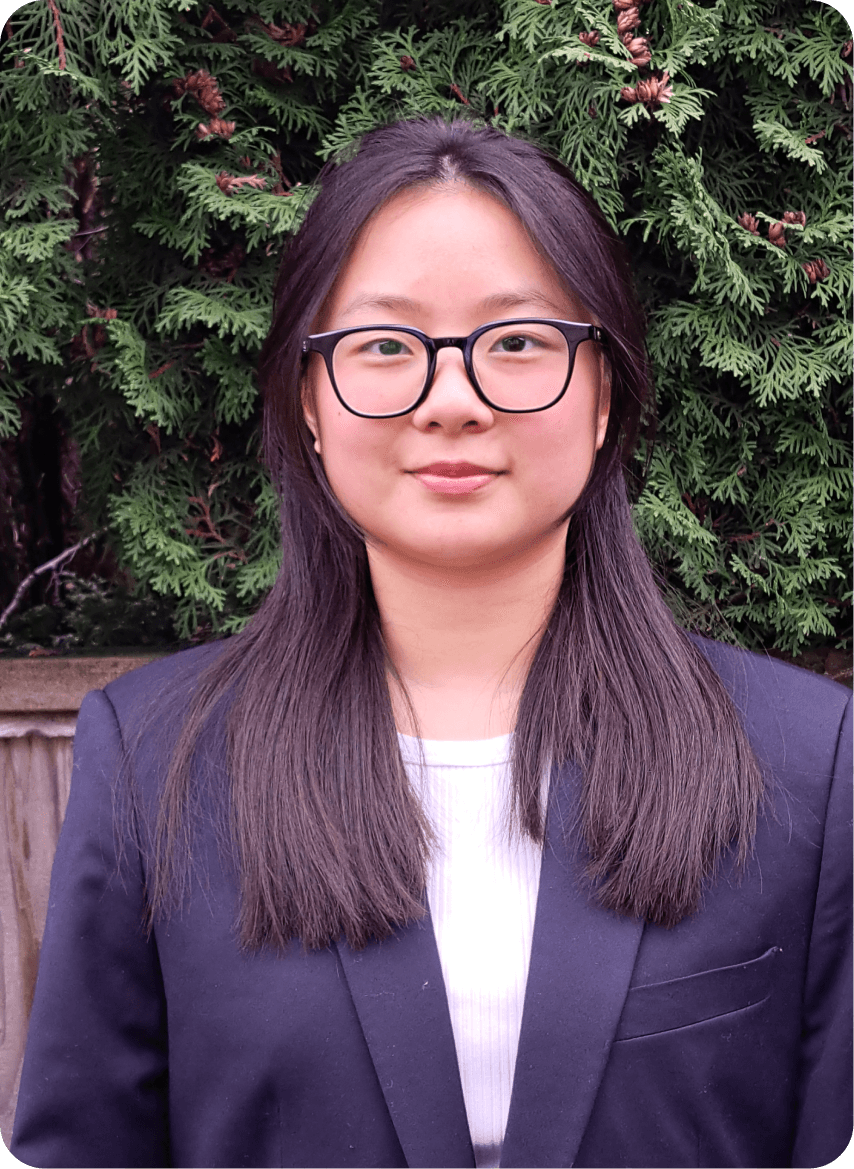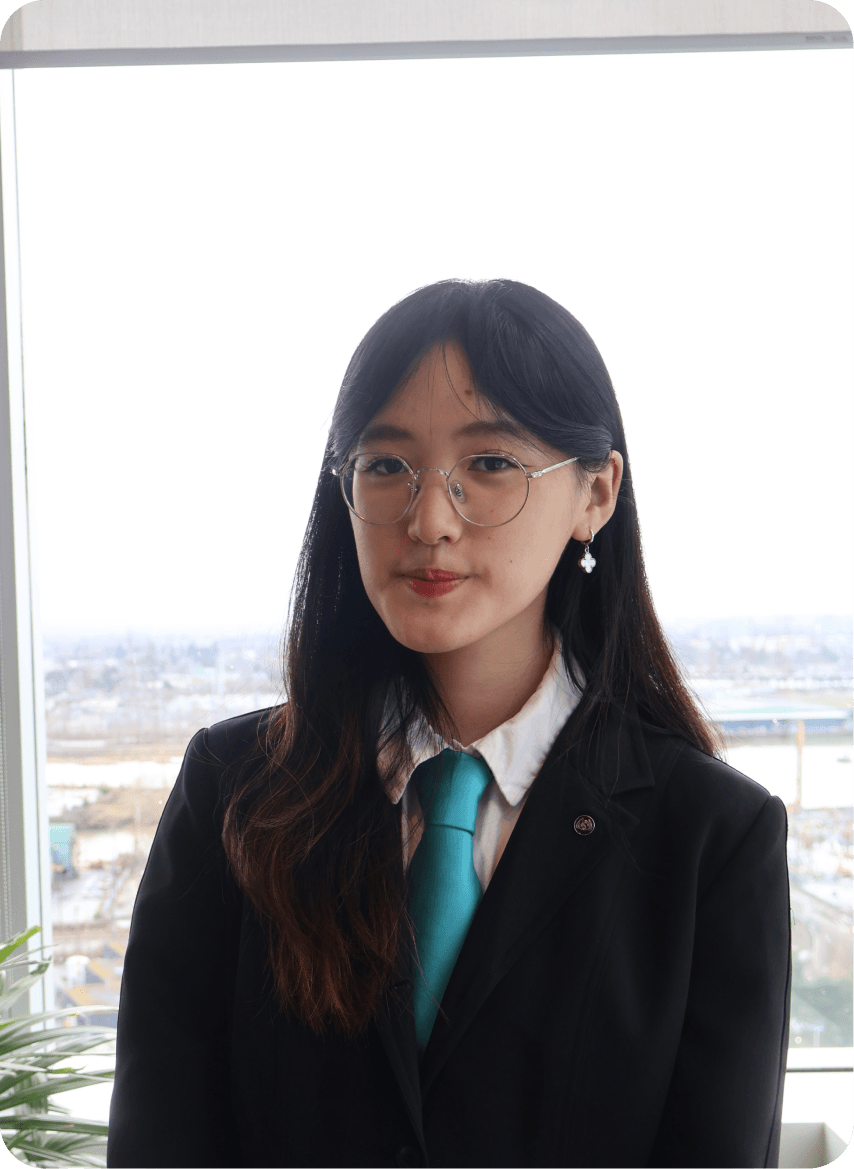UNHCR
UN High Commission for Refugees
UNHCR
UN High Commission for Refugees
The United Nations High Commissioner for Refugees (UNHCR) protects the welfare and rights of refugees. Established by the United Nations General Assembly in 1950, the body was created to address the high number of displaced Europeans after World War II. The committee aims to protect people forced to flee, including responding to emergencies, protecting human rights, and assisting migrants in improving their quality of life. Most of UNHCR's resources are dedicated to field operations that address the needs of forcibly displaced persons, including refugees, internally displaced peoples, and asylum seekers, along with providing a variety of humanitarian aid. While immediate assistance in crises accounts for a large portion of the committee's work, UNHCR's larger goal is to help refugees find sustainable solutions to rebuild their lives. UNHRC's powers rely on its mandate to protect refugees and act as a global advocator and coordinator, as UNHCR does not have the authority to enforce decisions on sovereign states, relying on government cooperation.
UNHCR is an Intermediate Agency recommended for delegates of any skill level looking for relevant, exciting debate. Although not mandatory, position papers are highly recommended for all delegates, and are required to be considered for awards.












